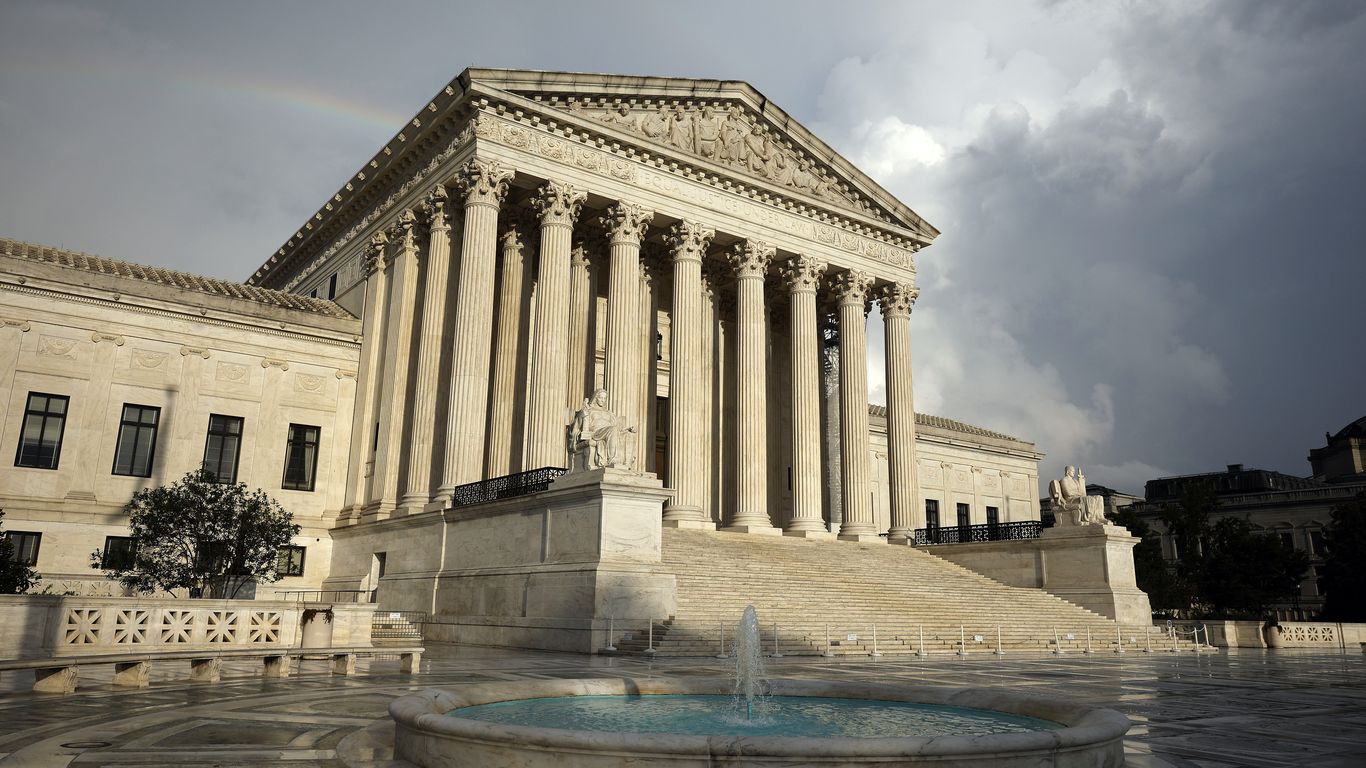
"Zoom in: Most of the ensuing commentary has understandably focused on the $195 billion in collected tariffs that the U.S. government may need to return, and the lack of an existing mechanism for doing so. But I'm wondering how it may impact the giant investment agreements that Trump has extracted from foreign nations, usually in exchange for lower tariff rates. If Trump no longer has the ability to unilaterally impose tariffs - instead returning that power to Congress - might countries renege on their pledges?"
"The bull case: The SCOTUS ruling won't have any impact. First, it's not in most countries' best interests to poke Trump in the eye, and he cherishes at least the appearance of foreign direct investment. Plus, he likely would maintain at least some tariffing authorities, under Sections 232 and 301. Plus, some of the FDI agreements seem so vague that countries may already have been planning to slow-walk disbursements."
Most commentary focuses on $195 billion in collected tariffs that the U.S. government may need to return and the absence of a mechanism to do so. A Supreme Court decision curtailing presidential tariff authority could jeopardize large investment commitments Trump obtained from foreign governments in exchange for lower tariffs. If tariff power returns to Congress, foreign partners might renege on pledged investments, especially where agreements appear vague. A counterargument notes that countries have little incentive to antagonize the United States and that Sections 232 and 301 may preserve some presidential tariff tools. Significant restrictions could force revisions for U.S. companies and states relying on those investments.
Read at Axios
Unable to calculate read time
Collection
[
|
...
]